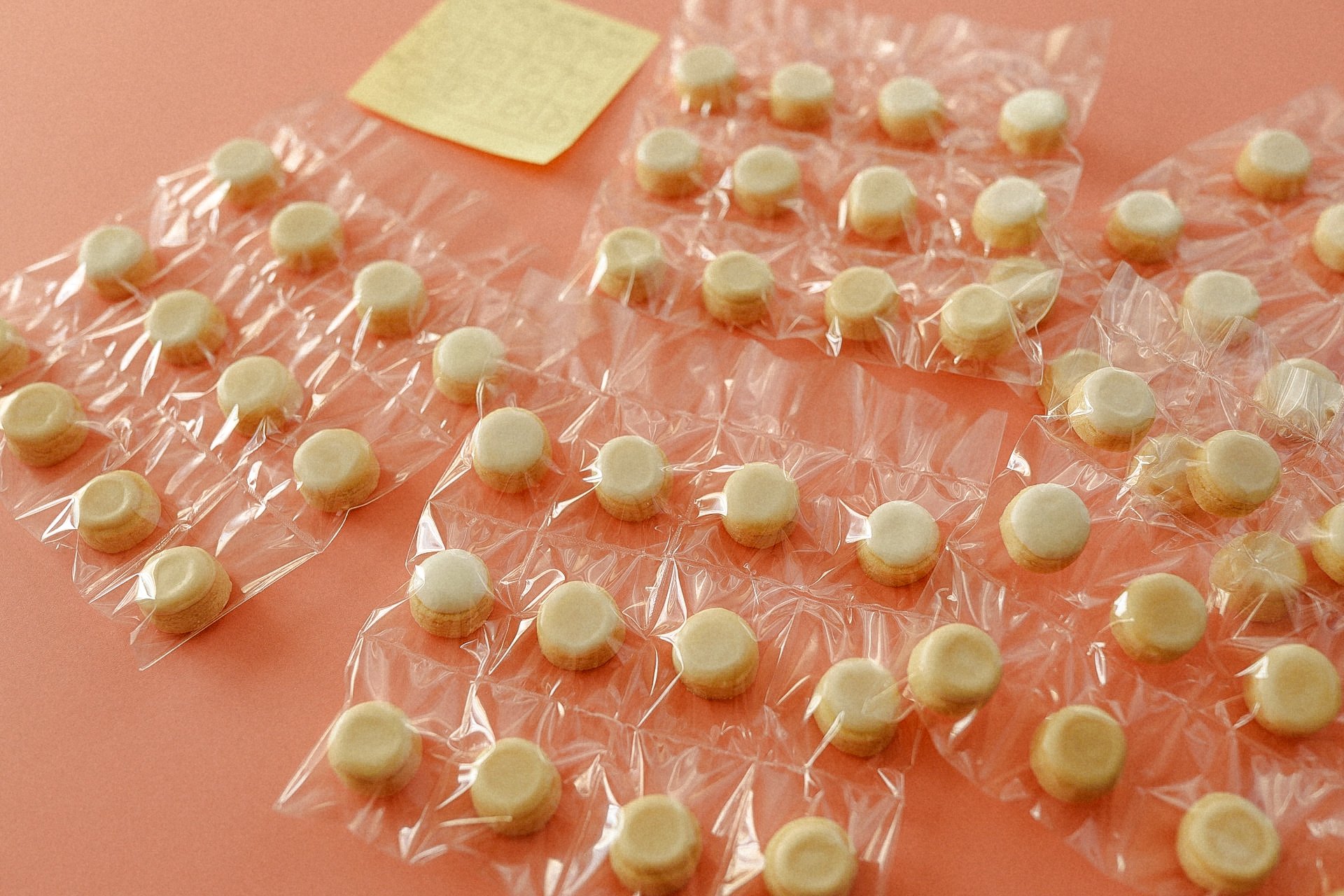Easy photography tips to elevate your content
For many years, I worked as a professional photographer, helping businesses elevate their brand voice by creating kick-ass imagery. Here’s the thing, though, you don’t have to be a professional to take great photos. This blog post will break down my best tips and tricks for improving your photography skills.
Table of Contents
Lighting Considerations
Every photographer worth their salt will tell you that lighting is the number one thing that will make or break an image, and I agree. Bad lighting can zap the magic out of even the most gorgeous subjects. But how do you know what bad lighting is? Let’s take a look:
(Left [Bad]: incandescent lighting directly above the subject. Right [BETTER]: Window lighting from a 240°(ish) angle). Both images are taken with a cell phone and unedited.
Right away, you should notice how flat the image on the left is compared to the right. Because the lighting is shining from directly above the subject, any texture is automatically muted and becomes less prevalent.
Additionally, you’ll notice how much different the colors appear. This has everything to do with the color of the incandescent bulbs used. The colors show with much more warmth than they would being photographed under a natural lighting source.
How to fix bad lighting
If you want to quickly fix bad lighting, find the nearest window you can and set up shop. It’s best to wait until the lighting isn’t’ harsh (meaning not shining directly through the window).
Window Lighting Tips
Find a space where window lighting isn’t harsh.
If it is harsh, use a sheet to diffuse the lighting. You do this by covering the window with a semi-opaque fabric.
Move your cookie board around to see which lighting angles complement them best.
If shadows are too severe, set something white on the other side to bounce the light back into the image.
Editing Tips
Regardless of the device you’re shooting on (be it a professional camera or a cell phone), the raw image output won’t be exactly the same as what you see in real life. Editing tools, like Lightroom Mobile, make it easy to refine your images to look more like what you see in person. Of course, you can continue to push the edits from there, but that’s not the focus of this blog post. :)
Taking a closer look at this example below, you can see how bringing up the exposure (lightness or darkness of an image), increasing the contrast (only slightly, and adjusting the warmth (white balance) of the image improve the professionalism of the output.
(Top left [unedited]: The image has less depth and appears to be slightly too blue. Bottom right [edited]: The image has been improved by increasing exposure, contrast, and adjusting the white balance.)
If this is you, don’t panic. I’ll break everything down below.
Lightroom Tips
Editing photos isn’t as complicated as it seems, you just need a basic understanding of how the edits you apply will affect the end result. The most important settings to know about are:
White Balance = How warm or cool your image is
Think of this as a tint, much like how we tint our colors for royal icing! Tip: Look at the whites in your image to see whether or not they’re pulling more yellow or blue, then move your slider towards the opposite direction to neutralize the tint.
Exposure = How light or dark your image is
Does the image you took feel too dark? Increase the exposure to brighten it up. Of course, the opposite applies if your image is to light. Tip: Look at the details in your whites and blacks. If you can see detail, your exposure is spot on. If your shadows have no detail or your whites are ‘blown out’ you need to adjust your settings.
Staging & Background Considerations
A lot of folks out there photograph the content directly on the counter without much consideration for what appears in the background. Remember that every element in your image can be a potential distraction so everything included should be relevant to the content you’re shooting. In most cases, less is more.
Let’s take a look at an example of the same set of cookies photographed two different ways:
(Left [on the counter]: You can see how lackluster and unappealing the cookies are in this image. Right [on a backdrop]: The cookies stand out because there is nothing in the image that distracts from them.)
These colored backgrounds can be purchased at any art supply store for a few dollars.
Pro Tip: Get some edible confetti
Elevate your cookie off the paper by using edible confetti. This will ensure your cookie never touches the paper surface.
Don’t have any edible confetti? Don’t even trip, try using cut out parchment paper instead.
If this blog post was helpful, please let me know. I’d enthusiastically create more content like this to help you improve your photography!
Check out other great how-to blog posts below









